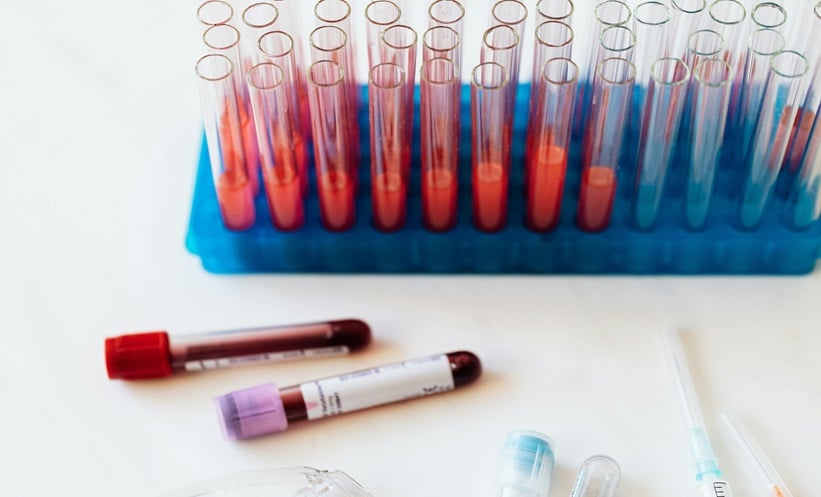UK BIOBANK’S full metabolomic dataset represents a milestone in medical research. By linking metabolism with genetics and lifestyle, it opens the door to earlier disease detection, better prevention, and more personalised treatment.
UK Biobank Metabolomic Data: A New Window on Health
The world’s largest metabolomic study has now been completed, profiling nearly 250 blood metabolites in 500,000 participants. These metabolites, small molecules produced as the body processes food, air, and medicines, provide a detailed snapshot of biological activity in real time. When combined with UK Biobank’s existing genome, proteome, and imaging data, researchers can explore how genes, proteins, and environment interact to drive disease, ageing, and overall health.
Previous research using partial metabolomic releases has already yielded practical breakthroughs. Blood-based risk scores for type 2 diabetes are now in clinical use in Finland and Singapore, while metabolomic analysis has helped predict heart disease risk over a 10-year period and revealed links between metabolism, the gut microbiome, and depression. Scientists have also begun using “metabolomic clocks” to estimate biological versus chronological age, potentially identifying individuals at higher risk of future health decline.
Global Research and Disease Prediction
UK Biobank’s metabolomic data empower researchers worldwide to improve disease prediction and understand underlying mechanisms. By measuring changes in metabolite levels over time, scientists can identify early warning signs of chronic conditions such as heart disease, type 2 diabetes, and neurological disorders. A second blood sample, collected from around 20,000 participants 5 years after the first, adds a longitudinal dimension, allowing study of how shifts in metabolism influence disease development.
Drug Discovery and Personalised Medicine
The combination of metabolites, genetic sequences, and proteomic data opens new avenues for drug discovery. Pharmaceutical researchers can identify metabolic pathways linked to disease, reduce development costs, and target therapies more effectively. These insights also shed light on ageing and environmental impacts, such as air pollution, on organ health, offering a richer understanding of individual disease risk and prevention strategies.
Reference
UK Biobank. World’s largest metabolomic study completed, paving way for predictive medicine. 2025. Available at: https://www.ukbiobank.ac.uk/news/worlds-largest-metabolomic-study-completed-paving-way-for-predictive-medicine/. Last accessed: 20 November 2025.








